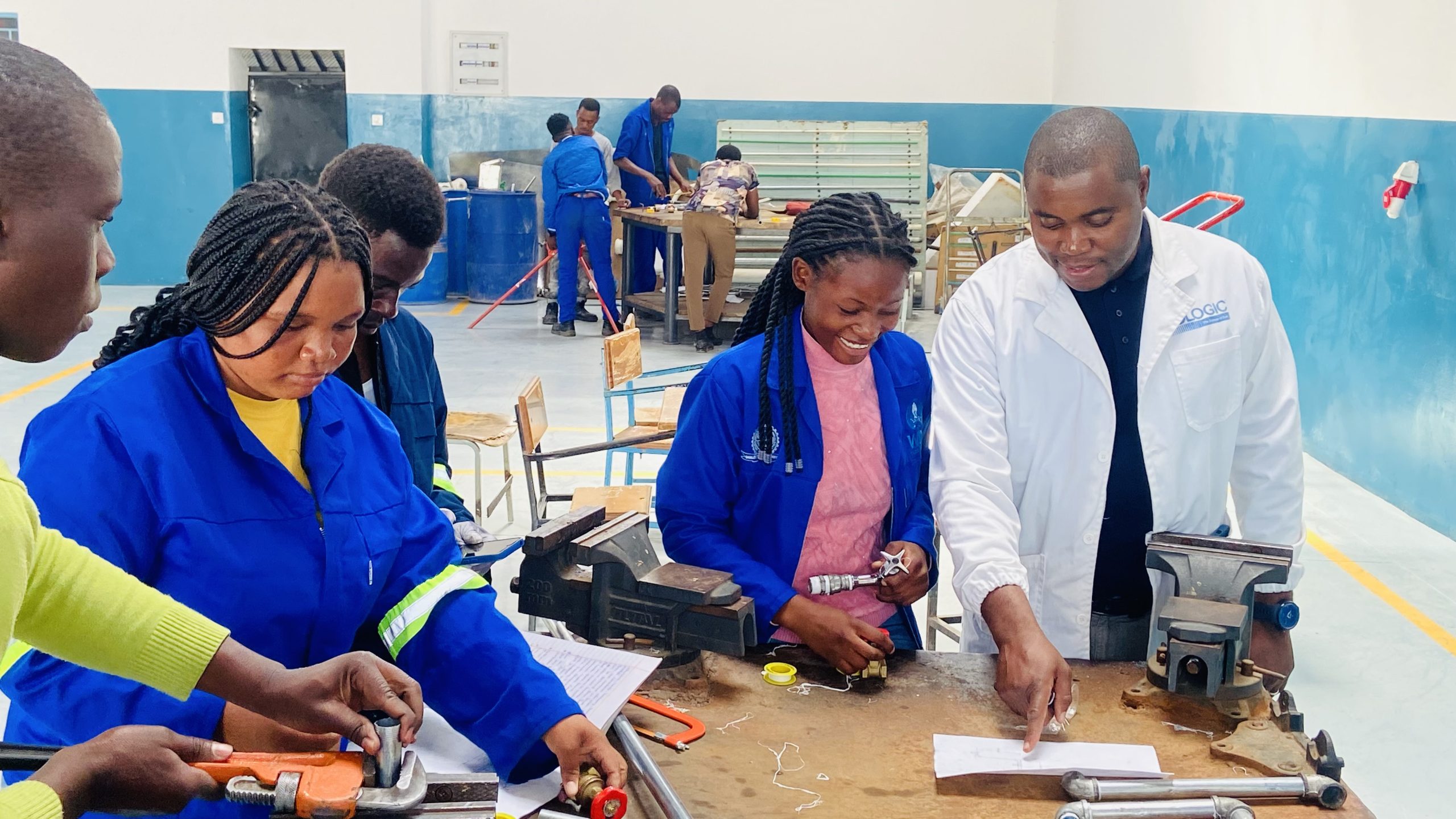Where can i do carpentry course in Zambia? If you are looking for carpentry skills training centers in Zambia this post is what you need to read in details. Duration and fees for carpentry skills training from different training centers across Zambia.

Here are some of the top carpentry training centers in Zambia offering various programs in carpentry and related fields:
Thorn Park Construction Training Centre (Lusaka)
Offers a Certificate in Carpentry and Joinery, along with other construction-related courses. The institution is well-known for its focus on vocational skills trainingKabwe Institute of Technology (Kabwe)
This government institution provides market-responsive technological training, including a Carpentry and Joinery programLivingstone Institute of Business and Engineering Studies (Livingstone)
Offers training in carpentry and joinery, catering to various academic levelsLusaka Vocational Training Centre (Lusaka)
Provides Craft Certificates in Carpentry and Joinery, with flexible study modes (full-time or part-time)Ukwimi Trades Training Institute (Petauke)
Known for its skilled trade programs, including carpentry, open to individuals with basic academic qualificationsMongu Trades Training Institute (Mongu)
Offers a Craft Certificate in Carpentry and Joinery, focusing on practical skill developmentChikowa Youth Development Centre (Mfuwe)
Provides Trade Level training in Carpentry and Joinery, emphasizing youth empowermentLuanshya Technical and Business College (Luanshya)
Offers carpentry training as part of its technical and vocational education programsNational Council for Construction (NCC) School (Nationwide)
Provides sector-specific capacity-building courses, including carpentry, to support the construction industry in ZambiaNorthern Technical College (Nortec) (Ndola)
Offers various construction and technical courses, including those related to carpentry and joinery
Each of these institutions emphasizes practical training to prepare students for the demands of the construction and carpentry industries.
Carpentry course duration and fees
The fees for carpentry courses in Zambia vary based on the institution and the type of program. Here's a breakdown from some institutions:
Lusaka Vocational and Technical College:
- Craft Certificate: Duration of 2 years.
- Trade Test Certificates: Offered at three levels—6 months for Level II and 3 months for Level I.
- Tuition fees can be accessed by contacting the college directly
Kabwe Institute of Technology:
- Offers a Carpentry and Joinery Craft Certificate. The institution operates under the TEVET framework and provides market-responsive trainingKIT.
Ukwimi Trades Training Institute:
- Offers both Craft Certificates and Trade Tests in Carpentry.
- Entry requirement: Grade 12 with passes in key subjects like English and Mathematics
Chikowa Youth Development Centre:
- Focuses on Trade Level Carpentry training suitable for youths and community skills development
- Focuses on Trade Level Carpentry training suitable for youths and community skills development
For accurate tuition details, it is recommended to contact the institutions directly or visit their websites. Carpentry courses are practical and offer excellent career opportunities in construction, furniture making, and entrepreneurship.
Employment opportunities for carpenters in Zambia.
Carpenters in Zambia have access to a variety of employment opportunities due to the growing construction and furniture industries, as well as the increasing demand for skilled tradespeople. Here are some common avenues:
1. Construction Industry
- Roles: Building frameworks, roofing, staircases, and interior fittings.
- Employers: Construction companies working on residential, commercial, or industrial projects.
2. Furniture Manufacturing
- Roles: Crafting custom furniture, repairing and restoring furniture, and working with woodworking factories.
- Employers: Furniture companies or self-employment as bespoke furniture makers.
3. Government Projects
- Roles: Contributing to public infrastructure projects, including schools, hospitals, and housing.
- Employers: Local government bodies and state agencies.
4. Interior Design and Renovation
- Roles: Designing and building cabinetry, shelving, and decorative wood structures.
- Employers: Interior design firms or as contractors for private clients.
5. Self-Employment and Entrepreneurship
- Opportunities: Setting up personal carpentry workshops or businesses to cater to local communities.
- Specialization: Offering services in furniture design, home renovations, or artisan crafts.
6. Maintenance and Repair Work
- Roles: Offering carpentry services for residential and commercial maintenance.
- Employers: Facility management companies or as freelancers.
7. Teaching and Training
- Roles: Teaching carpentry skills in vocational schools or technical colleges.
- Employers: Educational institutions and training centers.
8. Mining and Industrial Work
- Roles: Building and repairing wooden structures, crates, and scaffolding in industrial settings.
- Employers: Mining companies and industrial operations.
9. Non-Governmental Organizations (NGOs)
- Roles: Supporting skills development programs, especially in rural areas.
- Employers: NGOs offering vocational training in carpentry and entrepreneurship.
10. Export and Crafts Industry
- Roles: Crafting export-oriented wood products like carvings and decorative items.
- Employers: Artisans' cooperatives or tourism-related businesses.
Skills in Demand
- Proficiency with tools and machinery.
- Understanding of modern construction techniques.
- Ability to interpret designs and blueprints.
Carpentry offers flexibility for skilled workers to work independently or find stable employment across sectors. The demand is likely to grow with ongoing urbanization and infrastructure development in Zambia.

